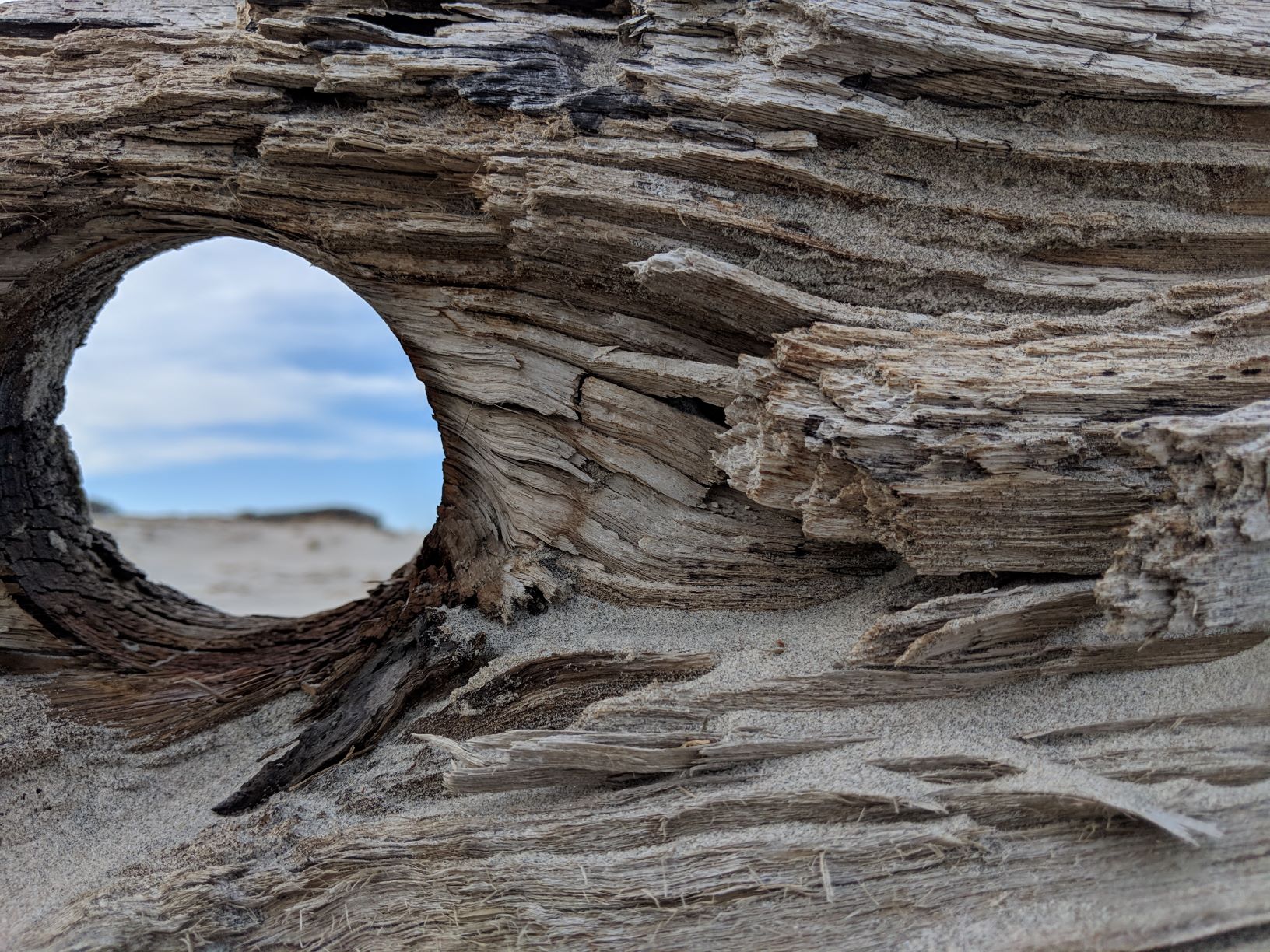This is a totally reactive piece dashed off without much thought early on a Sunday morning triggered by yet another piece telling us what in blazes we can do to help kids in the future.
OK, I wasn’t triggered by the piece–I didn’t get past the title: “10 things teachers can do today to prepare students for the future.”
So reactionary (and mortal) as I am, I came up with an off-the-cuff list to prepare kids for the now, for the immediate, for the tenth of a second our brain needs to process the moment. This moment. And always and only this moment.

- Let a child plant a seed and watch it grow–each day provide enough time for the child to take care of her plant.
Let her water it, let her decide how much light it needs, let her put some pieces of her inside of it as she talks and breathes on it.

- Let a child roam a bit your classroom space; if your space cannot hold the interest of a roaming child, change your space.
History teachers could have fort and awful toy versions of tools of war. Science teachers could have magnets and lenses and springs and live critters. English teachers could have poems strewn on the floor, tiny libraries on the walls, physical education teachers could have Frisbees and spaldeen pinkies and a full-sized parachute. Music teachers could have kazoos and harmonicas and cheap drums.
- Let a child read what she wants to read when she wants to read.
Reading is one of the greatest gifts we can give a child (and one of the primary aims of public schooling)–why is this so fookin’ hard to grasp?
- Remind a child, daily, that she is mortal, but not in ways that are frightening.
We spend too much time telling children not to do things because bad things will happen without sharing the larger context that, well, death is going to happen anyway.
I have spent a lot of time with children who were dying, and who knew that they were dying. And everybody around us pretended otherwise.

- Let a child roam outside, alone or with other children, but with no adults, for long periods of time.
Sitting inside shaves far more years off our lives than the very occasional meteor that falls from the sky and strikes our children dead. At any rate, the adults in their lives cannot stop the meteors. (Yes, the meteor is metaphorical, but so are so many other fears we feed our children.)
- Let children make joyful noise.
Share your joyful noise. Know that mot of the time we have no more to say than the grackles chuttering just outside the window.
While you’re at it, if a child sees two birds “fighting” during the March madness of increasing light and fertility, please explain that they’re not fighting, but rather sharing their joy. No more need to be said.
And yes, farting sounds are joyful noises–I have no idea why, but you only have to toot once in a class to see how much the young folk love the sound.
- Let them stand instead of sit, let them slouch, let them put their hands wherever is socially acceptable in this culture in this year.
The whole “If you can control their hands, their minds/spirits/souls will acquiesce” mentality in schools is damaging.

- Let them disconnect.
Kids are not plugged in to the alternate universe because it gives them joy. They are (mostly) in that world to avoid the one we have mandated for them.
I do not know what it will take for parents and teachers and administrators to realize just how damaging prolonged screen-time is, both emotionally and physically. The evidence is out there.
Hey, did you even her what I just said? HELLO?! [Those fookin’ airpods again…]
- Stop with the fookin’ lists.
Who needs lists in the moment? Lists mean nothing when a child is immersed deeply in a moment.
So I’ll stop here. =)









